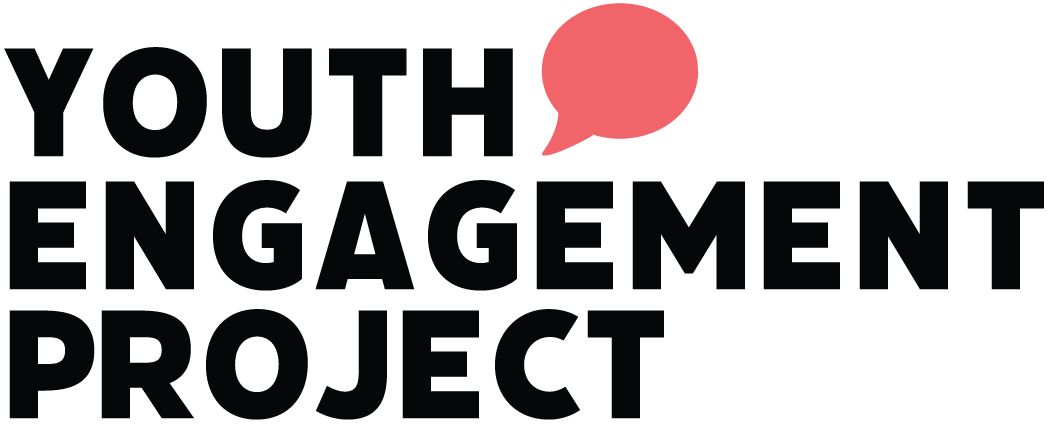Why I Stopped Trying to Motivate Young People (And What I Do Instead)
Three years ago, I stood in front of a group of Year 9 students delivering what I thought was an inspiring speech about the importance of public speaking skills. I pulled out statistics about career success, shared stories of famous speakers, and painted vivid pictures of their bright futures if they just engaged with the program.
The response? Eye rolls, phone checking, and the opposite of what I would consider engaged.
That moment forced me to confront an uncomfortable truth: everything I thought I knew about motivating young people was wrong.
The Motivation Myth We're All Buying Into
Here's what most of us believe: young people lack motivation, and our job is to pump them up, inspire them, and convince them to care about what we're teaching.
The research tells a completely different story.
Self-Determination Theory, developed by psychologists Edward Deci and Richard Ryan, shows us that humans are naturally motivated when three core psychological needs are met: autonomy (feeling in control of our choices), competence (feeling capable and effective), and relatedness (feeling connected to others).
When we try to motivate someone externally, through rewards, punishment, or inspirational speeches, we actually undermine these three needs. We're essentially saying: "You can't be trusted to want this for yourself, so I need to convince you."
After 10 years in the classroom and hundreds of workshops with young people, I can tell you this approach backfires spectacularly.
What Happens When We Stop Being the Motivational Speaker
Last month, we facilitated a workshop with a year level group of 40 students whose teachers described as "completely disengaged." Instead of starting with why public speaking matters, we asked a different question:
"When in your life do you feel most heard?"
For the next 15 minutes, these supposedly "unmotivated" students shared stories about gaming communities where their strategies mattered, family dinners where their opinions shaped decisions, and friend groups where their humour brought people together.
They weren't lacking motivation. They were lacking connection to their existing motivation.
The shift happened when we stopped trying to inject motivation from the outside and started recognising the motivation that was already there.
The SPARK Framework: Creating Conditions for Self-Motivation
Instead of trying to motivate young people, we now teach and educate those who support youth to focus on creating conditions where their natural motivation can emerge. Here's a framework that reveals a new approach to youth engagement:
S - See Their Current Strengths
Before introducing any new skill, I spend time identifying what young people are already good at. That Year 9 student who was on their phone during my speech? Turns out he was brilliant at explaining complex gaming strategies to his friends. He wasn't unmotivated - he just needed us to see the speaking skills he already had.
In practice: Ask questions like "Where do you already use your voice effectively?" or "When do people seek out your opinion?"
P - Provide Genuine Choice
Autonomy isn't about letting young people do whatever they want. It's about giving them meaningful choices within clear boundaries. When students can choose how they demonstrate learning, what topics they explore, or which format works best for them, engagement skyrockets.
In practice: "You can present to the whole class, create a video, or teach a small group - what feels most authentic to you?"
A - Acknowledge Their Expertise
Young people are experts in their own experience. When we position ourselves as the only source of knowledge, we miss the wealth of insight they bring. Co-creation beats curriculum delivery every time.
In practice: "You know your generation better than I do. What would make this relevant for your peers?"
R - Respect Their Timeline
Not everyone's "aha moment" happens in our 50-minute lesson or 2-hour workshop. Sometimes the most powerful learning happens weeks later when they choose to apply what we've shared. Our job is to plant seeds, not demand immediate blooms.
In practice: Follow up weeks later with: "Have you noticed yourself using any of these ideas?" rather than expecting instant transformation.
K - Keep Connection Central
Young people engage when they feel genuinely seen and valued by the adults in their space. This isn't about being their friend - it's about being consistently authentic and curious about their world.
In practice: Learn their names, remember details they share, and admit when you don't know something instead of pretending expertise you don't have.
What This Means for Your Practice
If you work with young people, I challenge you to audit your approach:
Instead of asking: "How can I make them care about this?" Ask: "What do they already care about, and how does it connect?"
Instead of saying: "You need to do this because..." Try: "I'm curious about your thoughts on..."
Instead of assuming: They're not motivated Consider: Their motivation might look different than you expect
The 16-year-old who seems disinterested in your lesson plan might be deeply motivated by social justice, environmental issues, or creative expression. Our job isn't to replace their motivation with ours - it's to find the bridges between what they care about and what we're teaching.
The Shift That Changes Everything
As a new mum juggling work and life, I'm constantly reminded that motivation can't be manufactured - it has to be nurtured.
When we stop seeing young people as empty vessels waiting to be filled with our motivation and start seeing them as capable humans with their own drives and dreams, we transform from motivational speakers into facilitators of their existing brilliance.
The young people in our classrooms, workshops, and communities don't need more motivation. They need more recognition of the motivation they already have.
And honestly? That's far more powerful than any inspirational speech I could ever give.
Learn more about our upcoming Youth Communication & Public Speaking Workshops here.
Learn more about our Student Public Speaking Workshops here.
Learn more about our Teacher Professional Learning Workshops here.

